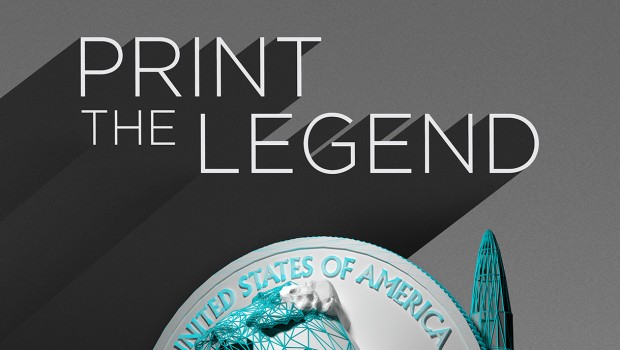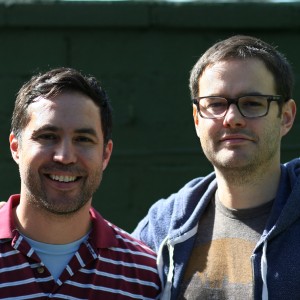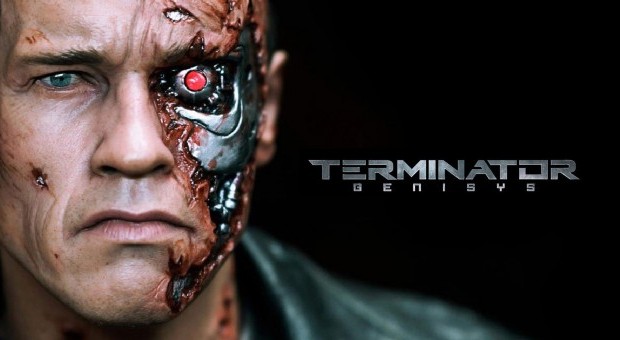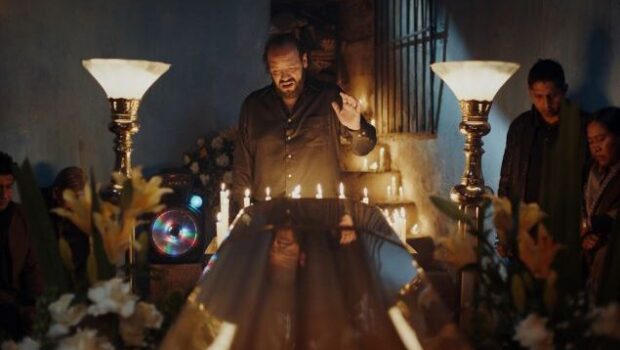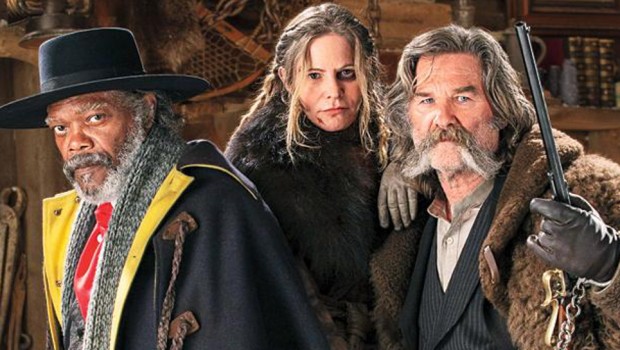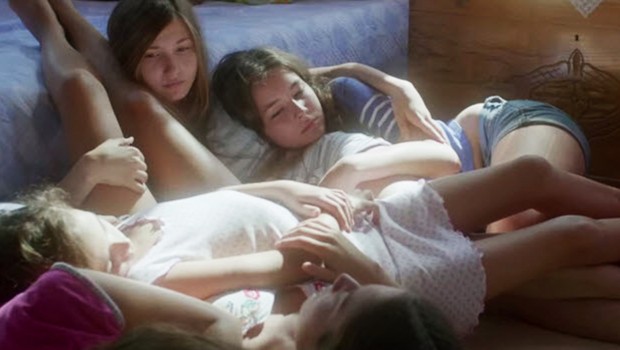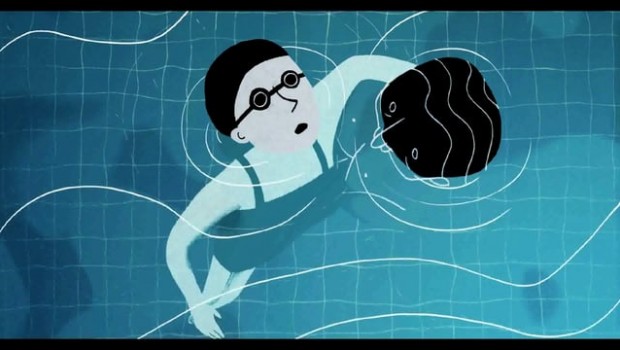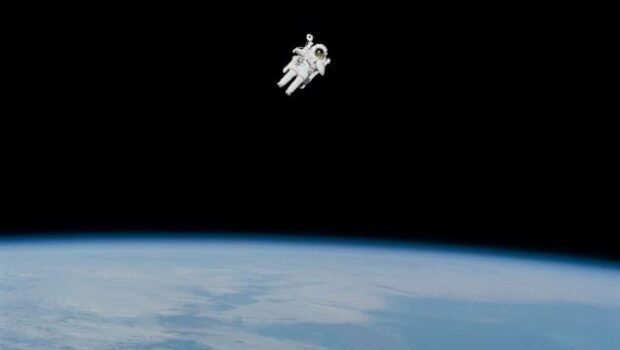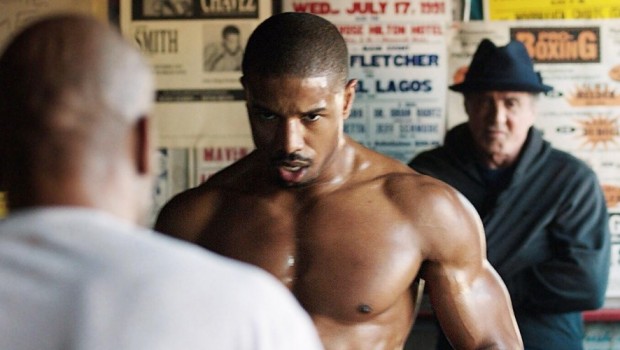Lopez, Tweel and Klein Printed the Legend
Luis Lopez, J. Clay Tweel, and Steven Klein
When I first heard about Print the Legend (2014), I thought I was going to go see a documentary about 3D printing, about this new technology that will take over the world one day and create some sort of international chaos. Even though secretly I am preparing for the 3D printed zombie apocalypse, I’m happy to say this film took no place in feeding my paranoia. In truth, it was a thought provoking, honest and introspective documentation of what it means to embark on the road to success (and yeah, you see some pretty amazing technology as well). Directors Luis Lopez and J. Clay Tweel, and producer Steven Klein, follow 3 entrepreneurs on their way to making history in the 3D printing world, but the motivating ideas behind the story are really what is worth talking to them about.
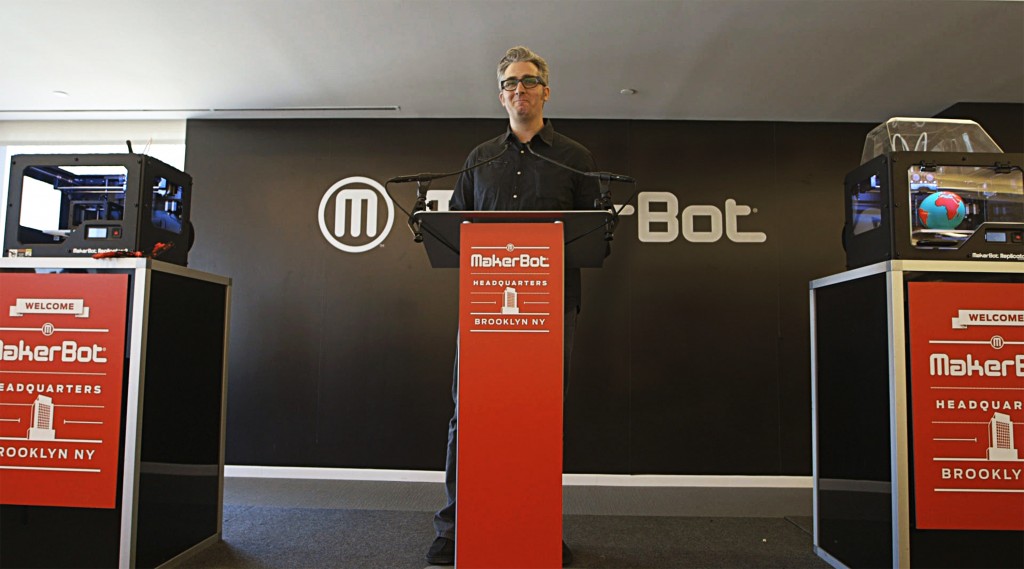
So, how did you come about this film? You guys had a perfect story with a beginning, middle conflict and good resolution, was it just coincidence that you were there at the right time or was it something you really looked out for?
We are always on the lookout for “a good story,” and we think about that in documentaries the same way we do in fiction work: old fashioned, strong, archetype-driven story structure. So we love that you felt a clear arc; that’s always what we’re going for! As for whether that was right place/right time or not…yes and no. When we make docs, we try to find fascinating subcultures or worlds filled with passionate people who are pursuing goals they feel are very high stakes. Once we identify a world – in this case, 3D printing/start-ups – we try to just be present, open, clear-minded, and observant. Only after doing that for a long, long time – and filming hundreds of hours of footage – do we start to know what our story is. Of course, in reality, there are dozens of possible stories, so a lot of our time spent filming is also spent pursuing lots of stories that end up not panning out, or staying up at night debating whether or not a given event or person can work in a universal story, etc.
Even though 3D printing is the main focal point, there are other themes that the audience gets to witness. The one that sparked my interest the most was the underlying conflict of this definition of success. What is success? Is it in making as much money as you possibly can? What about the sacrifices that come along with it? What did you guys end up concluding from what you saw and experienced from that aspect of the film? Also, knowing that some of you come from other cultural backgrounds (and this magazine has international readers), do you think this is a very American ideal? I’m curious to know your thoughts.
We’ve got a Mexican, a Yankee, and a Southerner (with all grandparents – and even one parent – as immigrants), so we have different perspective on the American Dream. We all got excited when we realized that the movie could explore ways that the American Dream myth is way, way more complicated than the rags-to-riches stories – with either heroes or villains – that movies tend to highlight. We frequently sited “The Social Network,” “There Will Be Blood,” and “Startup.com” as reference points for our character’s story arcs. In our film, we see people make choices that may feel easy to judge from the sidelines, but we hope we make you think about the fact that they’re making those choices while generating jobs, contributing to our culture and society, and in the face of realizing their own dreams. That said, we spent a lot of time talking internally about the ways people navigate the path to success. To summarize the gist of our debates: trying to succeed in the world raises very tough questions about what exactly one’s moral obligations and boundaries are in a competitive environment. Where we landed from those debates? While how someone solves those moral puzzles may vary, we think it’s urgently important to do the hard, introspective analysis of the moral puzzles. If you don’t, the fast paced world of business is a corrupting place.
Here’s the Cody Wilson question. It’s inevitable. He pulls a lot of attention in the film, either it be the good kind or the bad kind, but the fact that he has so many heads turning is because there’s something about his argument that touches everyone. He’s also a great representation that goes against the hero vs. villain paradigm you speak of before. Talk to us about your conversations with Cody throughout the film, what did you think?
He’s an amazing guy. Each of us has our own specific reaction to his ideology, but we all like him a lot personally and would go further to say we’re glad he’s a citizen here. If every citizen, with views ranging the political spectrum, were as thoughtful, articulate, passionate, and civically active as he is, this would be a much stronger country. And he’s got something to teach every storyteller; he’s a master at spinning a culture-shifting yarn.
Since you set off to make this film until this moment, how have your views changed on the subject of 3D printing? It’s not so controversial until the issue of guns, food and organs start coming into the question. What do you think about that?
Speaking of Cody, we certainly think that the prevailing narrative about the “Next Industrial Revolution” overlooks the ways in which the first Industrial Revolution led to massive social unrest, ecological damage, violence, etc. So: even while we’re pretty darn excited about what 3D printing will bring all of us in the years to come, we’re also wary of assuming the shifts will be inherently utopian. And yes: doc making is a risky, cliff-jumping journey. But it’s also thrilling.
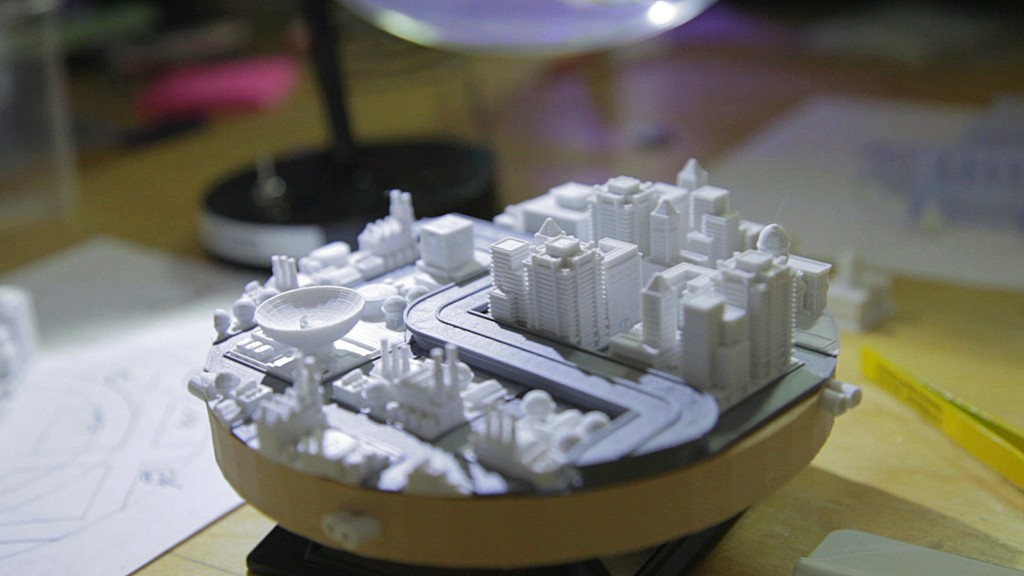
Continuing with 3D printing, what are you most excited about and what do you fear the most if this is really the future of how our culture will consume?
We don’t know that we “fear” much other than the general unknown. Even assuming changes like the above, society can figure them out. If we fear anything, we guess it’s having society knee-jerk react to any aspect of this, be it copyright infringement, Cody Wilson, or organ printing. As long as we all stay thoughtful, there’s great potential here. We’re excited about the idea of having a machine that can print anything…isn’t everyone?
What’s next on the line? Thinking about making any more movies?
Oh, we’ve always got tons on the back burner, so we’re now shifting our next projects – doc and fiction, film and stage – to the front burner. We all work on things together and separately, and we’re psyched to keep doing both. (It was nice not being together 24/7 lately…but now we miss it already.)
Follow Print the Legend in Twitter and Facebook.
Posted: May 9, 2014 at 4:29 pm


